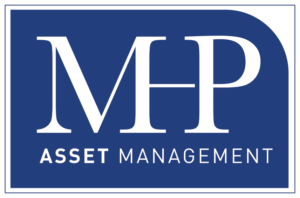Whether you are interviewing a potential new financial advisor or meeting with your current advisor, these five questions are key to determining if this advisor and their firm are working for you, or for the broker-dealer.
Question one: Does your advisor or firm have any “revenue-sharing” arrangements with any insurance or fund company? This is important because the advisors firm may be paid to promote certain fund families for the brokerage firms benefit, not yours. This arrangement is usually disclosed in the small print of a long and technical document.
Question two: Do you or your firm promote “proprietary products”? Again, proprietary products are products created by the broker dealer that may pay more to the broker if sold by them. These products may not be as transparent to you, the client, as they should be.
Question three: Who holds custody of my money? This is a question you would want to ask an investment advisor representative or RIA (Registered Investment Advisor). TD Ameritrade, Charles Schwab and Fidelity are popular custodians for registered investment advisory firms. The investment advisory firm should only have limited power of attorney for them to direct your money into proper investment allocations and to extract their fee from your account. Shortly after opening an account at one of these custodians, you should receive a letter from the custodian acknowledging your account.
Question four: Ask the broker or advisor about their background, education and experience pertaining to financial planning, asset management or retirement planning. There is a significant difference between passing a securities exam that allows someone to sell securities versus working in an environment that demands continued education and encourages personal growth and knowledge regarding financial planning or asset management.
Question five: Are you a fiduciary? A fiduciary works for you, the client, and is obligated to do what is in the best interest of the client, not themselves or their broker dealer. The tricky part about being a fiduciary is that an advisor may have the license to act in a fiduciary manner, but that does not mean that they do so.
Question Six: Is your Advisor firm managing your assets in-house or are they using a third-party firm? It is likely that if they are using a third party firm, your cost are possibly doubled because the advisor is probably charging “relationship fee” and the third party asset management firm is charging a fee and they may be using a costly mutual fund model portfolio with internal expense. The details are in their disclosure documents.
All this information can be found on various web sites but can be confusing because people that are not in this business typically are not familiar with terminology surrounding, financial advisors, registered reps, broker-dealers and investment advisors. If you want clarity on this language, you are welcome to contact our office!



















